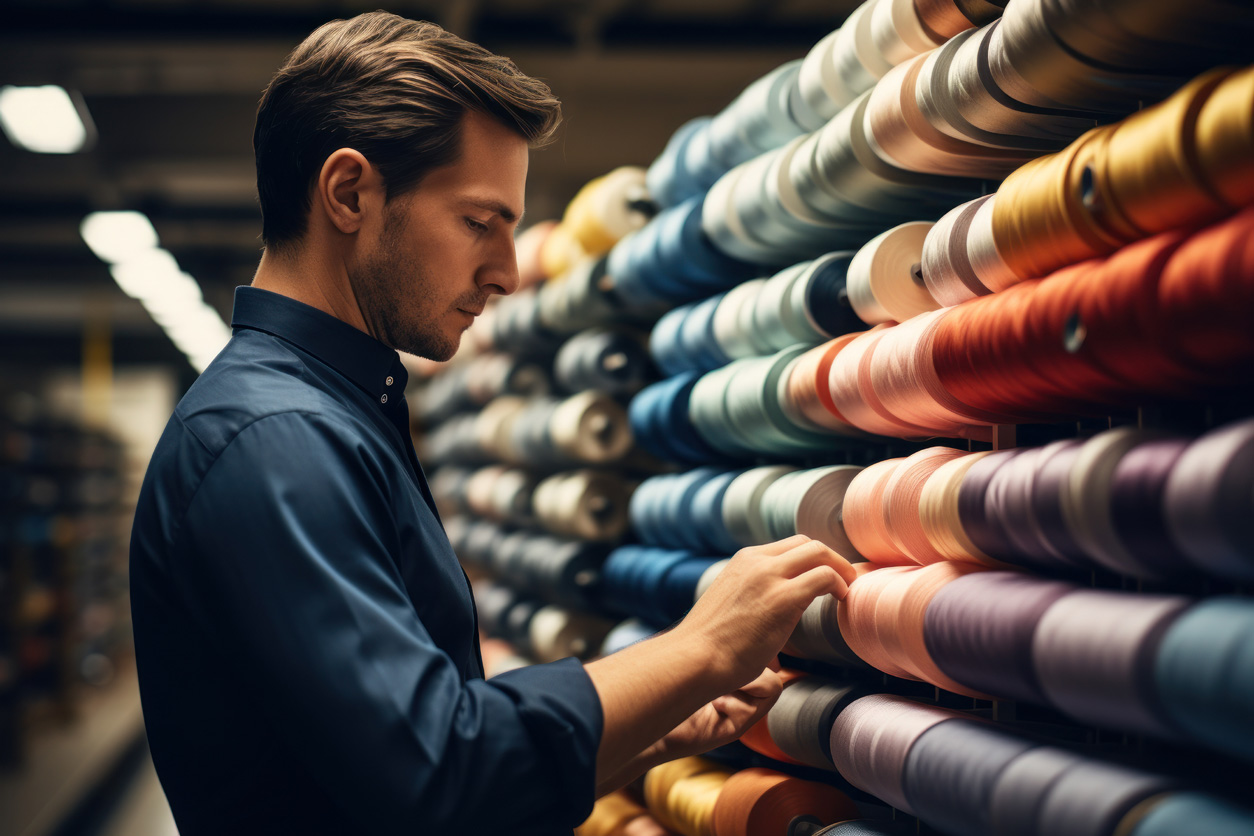Stephen Hasner | Workplace Injuries | January 15, 2024

Behind the vibrant colors and intricate patterns of the carpet manufacturing industry lies a dynamic environment where workers encounter unique challenges and potential hazards. The safety and well-being of the skilled individuals shaping the threads of our living spaces face the risk of severe and fatal injuries on a daily basis.
If you or someone you care about works in Georgia’s carpet manufacturing industry and has suffered an injury on the job, we can help. Hasner Law’s Atlanta personal injury attorneys boast over 100 years of combined experience, and we understand the unique challenges faced by workers in this field. Our team is dedicated to advocating for you and confirming you receive the benefits and support you deserve for your damages.
Common Types of Carpet Manufacturing Worker Injuries
The carpet industry plays a crucial role in providing comfort and aesthetics to homes and businesses alike. Unfortunately, the workers who make this industry possible face a heightened risk of injury. A few of the common injuries seen in carpet manufacturing facilities include:
Musculoskeletal Strain
One of the prevalent challenges in carpet manufacturing is the risk of musculoskeletal strain. Workers involved in tasks such as lifting heavy rolls of carpet, repetitive bending, or prolonged periods of standing may experience strains, sprains, and other related injuries. Implementing proper ergonomics and providing regular breaks can help mitigate this risk.
Machine-related Injuries
Carpet manufacturing often involves the use of machinery, including cutting, weaving, and rolling equipment. Workers may face injuries such as cuts, abrasions, or even more severe injuries if safety protocols are not strictly followed. Thorough training, routine maintenance checks, and the use of personal protective equipment (PPE) are essential measures to prevent machine-related accidents.
Chemical Exposure
The use of chemicals in the dyeing and treatment processes poses a potential health risk for workers. Exposure to certain chemicals may lead to skin irritations, respiratory issues, or other adverse effects. Strict adherence to safety guidelines, the use of proper protective gear, and regular training on chemical handling can minimize the risks associated with chemical exposure.
Noise-Induced Hearing Loss
Machinery in carpet manufacturing facilities can produce high levels of noise, contributing to the risk of noise-induced hearing loss for workers. Employers should provide hearing protection equipment, implement noise control measures, and conduct regular hearing assessments to safeguard employees’ auditory health.
Slips, Trips, and Falls
The nature of the manufacturing environment, with various materials and equipment, increases the likelihood of slips, trips, and falls. Proper housekeeping practices, non-slip flooring, and employee training on hazard awareness are vital in preventing these accidents.
Heat-related Stress
In certain phases of carpet manufacturing, workers may be exposed to elevated temperatures. This can lead to heat-related stress, dehydration, and other heat-related illnesses. Adequate ventilation, hydration stations, and scheduled breaks in shaded areas are crucial to preventing heat-related issues.
Are You a Carpet Manufacturing Worker Who Suffered an Injury in Georgia?
Let us be your dedicated legal partner in navigating the aftermath of a carpet manufacturing injury in Georgia. With years of experience in workplace injury cases, Hasner Law brings a wealth of knowledge to your side. Our attorneys are well-versed in Georgia laws and committed to securing the best possible outcome for your carpet manufacturing injury case.
Take the first step towards justice and recovery. Contact Hasner Law for a complimentary consultation tailored to your unique situation. Call (678) 888-4878 or fill out our contact form to get started today.


